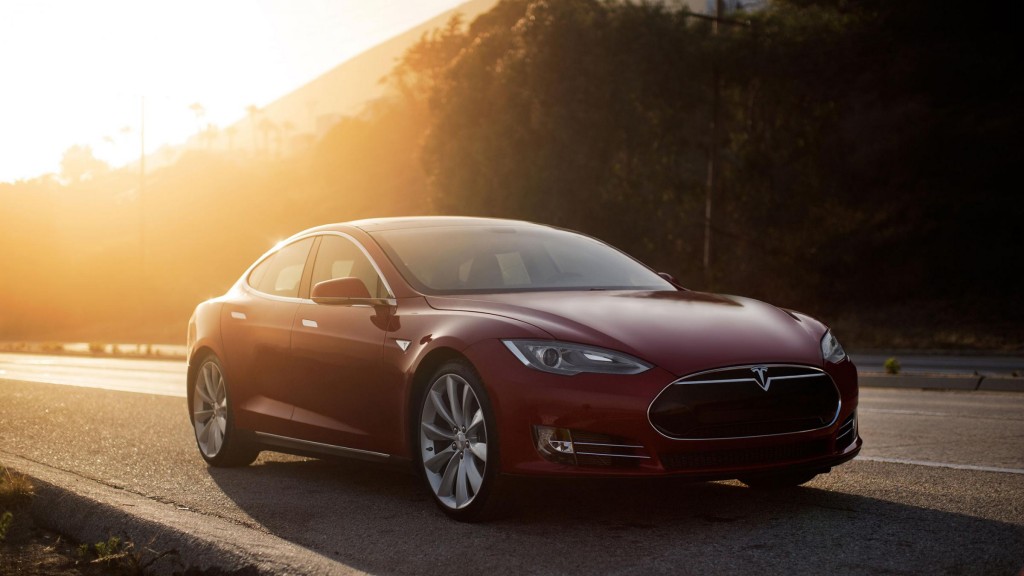China is a tricky but potentially lucrative market to conquer.
Automotive brands all around the world want a piece of the action given the potential rewards, but the market is still quite different to others around the globe.
Tesla Motors [NSDQ:TSLA] is one such automaker giving the Chinese market a go, when it recently started sales of its Model S electric sedan--and the firm is already dealing with a few quirks of selling its cars there.
Alysha Webb's China EV blog has for some time explored the intricacies of selling electric cars in China, and in her latest blog Webb notes a few anecdotal reports from a new Model S owner getting used to his car.
One is that at the moment, fast charging for the Model S is few and far between.
So far, with so few cars on the roads, this isn't much of a problem. It certainly isn't a problem for the owner, who charges at home and works near one of the two fast chargers in the city of Shanghai.
MORE: Tesla's Smaller Electric Sedan To Have 'Realistic' Pricing Next To BMW, Audi
If the market really does increase for electric cars, and the Model S specifically, Tesla will need to keep on top of charging options to ensure its customers aren't left short of charge.
Another is price. When entering the country, Tesla quoted a "fair price policy" detailing how Chinese customers were effectively getting the car itself for the same price as those elsewhere in the world.
China's hefty import duties and other taxes would be added on top, but only at cost price. That figure was 734,000 Chinese Yuan, or just over $118,000 at current exchange rates.
Webb's anecdotal owner was a little surprised though at his own car's price of 1 million Yuan, or over $161,000.

2014 Tesla Model S
This is where clarification from Tesla comes in: The price Tesla quoted when introducing the car to China was for the 85 kWh battery pack, but not for the 85 kWh performance version. If the owner has gone for the top-end model pricing already starts at 852,500 Yuan, and options could easily bring that tally to over a million.
In other words, it's just as easy--and likely--that Chinese owners will add expense to the car they leave the dealership with. Pricing itself though remains "fair"--Tesla makes very clear what its price includes with regard to local taxes and shipping.
There's one final issue early owners are facing, though it's one Tesla has already committed to fix.
As yet, Chinese Model S cars have no satellite navigation function--as the car's standard Google Maps-based nav is not supported in the country.
Tesla says it will introduce navigation to its customers' cars later this year, and these will be supplied through the usual software updates.
These will likely be carried out at dealerships for the time being, though--as another function not yet supported in China is Tesla's clever over-the-air updates. There is currently no word on when these functions will be supported.
As teething troubles go, Tesla's appear to be fairly minor--but it's interesting to see how customers in different countries respond to vehicles, and Tesla is sure to learn a lot from selling in the Chinese market.
_________________________________________













